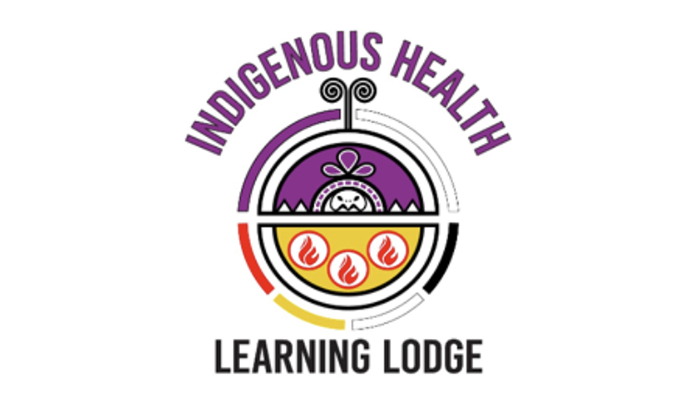Indigenous Health Learning Lodge: Statement of Response Regarding the Kamloops Indian Residential School Discovery

As all of Canada bears witness to yet another Indian Residential School related tragedy, the stark evidence-based findings from the Kamloops Residential School convey perhaps, a harsher reality. This is a hard truth that has been affirmed with evidence. A more somber truth perhaps, is that many Indigenous people; parents, grand-parents, aunties and uncles have known for years but nobody was listening. Sadly, the Tk'emlúps te Secwépemc First Nations have had their truth confirmed.
As all of Canada bears witness to yet another Indian Residential School related tragedy, the stark evidence-based findings from the Kamloops Residential School convey perhaps, a harsher reality. This is a hard truth that has been affirmed with evidence. A more somber truth perhaps, is that many Indigenous people; parents, grand-parents, aunties and uncles have known for years but nobody was listening. Sadly, the Tk’emlúps te Secwépemc First Nations have had their truth confirmed.
Many Indigenous families whose children were apprehended by the church or government and told that they will receive an education, often experienced this loss. They often were denied information about their children’s passing, denied the right to grieve and in some cases denied the request to have their bodies returned to them. As parents and grandparents, it is unfathomable to know that for many, they never even knew where they were buried. The inter-generational impact on the well-being of these families, communities and nations is well documented. A litany of truths has been relayed often firsthand by survivors of those schools. Survivors and families who are still with us.
There are many more truths about our lives, our ways, our customs and beliefs and our knowledge systems. We can’t demand belief about these truths but we can ask for respect and pedagogical space without the ever-present demand for western based ‘evidence’. As the university aspires to a more inclusive learning environment, this respect for pluralism will have to be reckoned with. We have and will share our own evidence as the reconciliation process continues to unfold. Our Knowledge Helpers and Elders will continue to guide this work.
As this new story is circulated in print, in social-media and tv news hours across the country, thoughts and feelings of shock and revulsion are emerging. Non – Indigenous settlers and Allies may feel uncertain about how to respond. For those who find themselves reflecting in this way, know that the Truth and Reconciliation Commission of Canada expects us all to take part in the reconciliation work. To bear witness to what happened and to take action.
Here in the Faculty of Health Sciences (FHS), our work ahead as individuals and as a Faculty is to stay the course. We have committed to implement our Indigenous Health Education Strategy. The over-arching goal is to address the serious health inequities experienced by First Nations, Inuit and Métis peoples. How are you in your role as an administrator, faculty member, staff or student doing your part? Do you need to facilitate a safe space for dialogue? How are you educating yourself? What is one small action you can take to move yourself or your team forward in this work?
For our Indigenous learners here in the FHS, our Indigenous Health team is here for you. Typically, in the past, we have provided opportunities to gather at times like this. To facilitate a collective grieving and supportive process. The pandemic is preventing us from doing this in-person but know that we are spiritually holding a space for student expression of grief and solidarity. We encourage our learners to reach out to our team should you wish to access supportive counselling.
Finally, to those 215 child spirits and the many others who lost their lives, know that you were loved as unique little beings by your families and communities. That truth can come to light and turn into a healing force. That we will not forget your truth. Our sincere condolences to the families their community and all those who continue to be affected by the residential school legacy of inter-generational trauma.
Bernice Downey PhD
Associate Dean, Indigenous Health
Indigenous Health Learning Lodge
Faculty of Health Sciences
McMaster University
Heather Burnside
Sessional Faculty Member
Dr. Patricia Farrugia
Faculty Member
Jai King-Green
Knowledge Helper
Dr. Karen Hill
Faculty Advisor
Wahsonti:io Hill
Knowledge Helper Chair
Indigenous Health Learning Lodge
Dr. Ashley Johnson
Faculty Member
George Johnson
Knowledge Helper
Valerie King
Knowledge Helper
Dr. Amy Montour
Faculty Member
Dr. Jillian Roberge
Faculty Member
